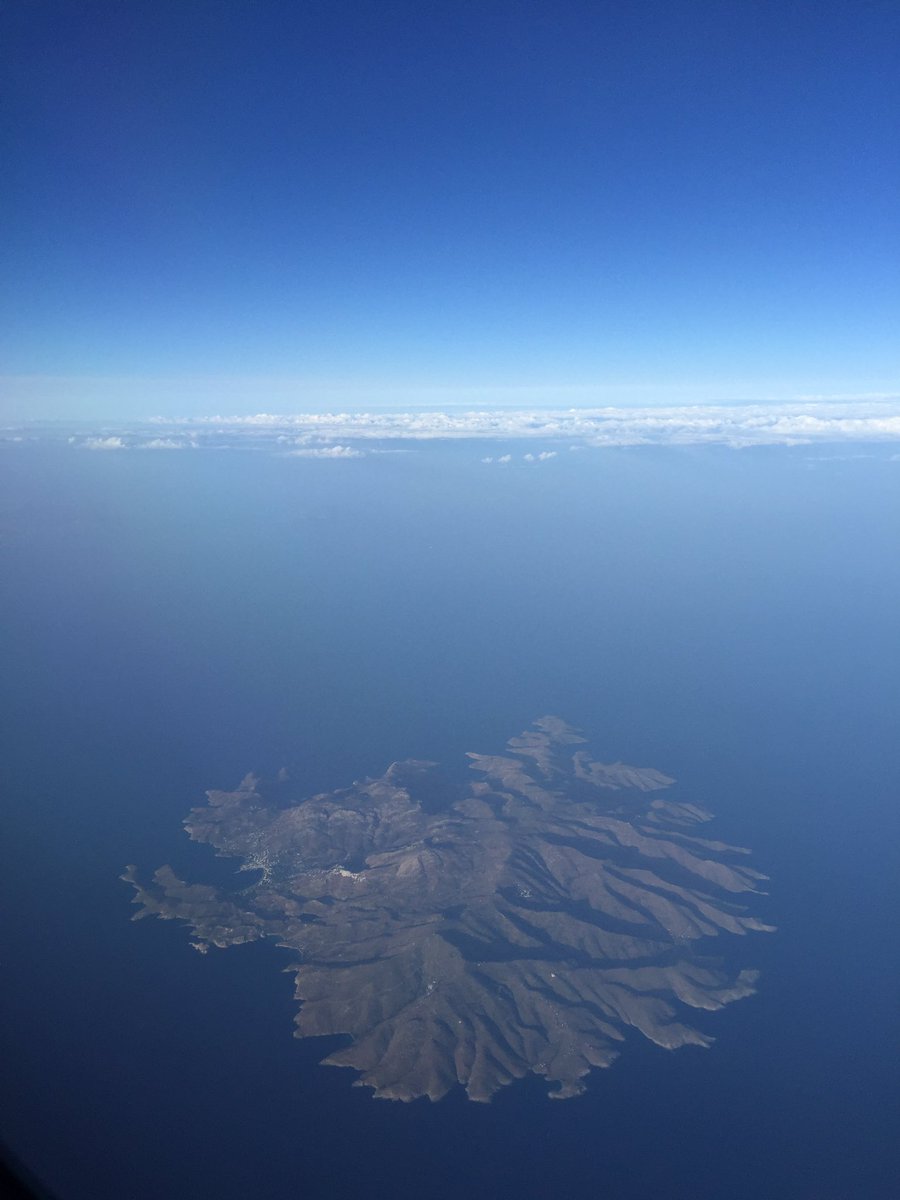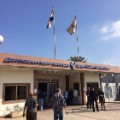Why terrorism is more likely as investigation continues into crashed Egyptair flight
The search for EgyptAir Flight 804 entered a second day Friday after the jetliner vanished over the Mediterranean with 66 people aboard.
The plane was carrying 56 passengers and 10 crew members when it left Paris' Charles de Gaulle Airport for Cairo on Wednesday night.
The Airbus A320 disappeared early Thursday as it flew to Cairo -- what should have been about a 3½-hour flight.
Authorities said it likely crashed into the ocean, but the reason why remains unclear. Weather conditions were clear at the time.
The airplane "swerved and then plunged" before descending into the Mediterranean, Greek Defense Minister Panos Kammenos said.
The airline's Vice Chairman Ahmed Adel said Thursday that the plane's wreckage had been found at sea, but those reports turned out to be false.
When searchers got close to the debris bobbing in the sea, they realized it was not from the missing airliner, he said Thursday.
"We stand corrected on finding the wreckage because what we identified is not a part of our plane," Adel told CNN. "So the search and rescue is still going on."
Terrorism more likely
While no theory has been completely ruled out, speculation on what caused the flight to crash centered on the possibility of a terror attack.
At some point before dropping off radar, the plane swerved 90 degrees to the left and then made a 360-degree turn to the right before plunging first to 15,000 feet, then 10,000 feet, Greek officials said.
"It's very difficult to come up with a scenario that jibes with some sort of catastrophic failure. (The evidence so far) leads us down the road to a deliberate act," said Miles O'Brien, a CNN aviation analyst.
Egyptian officials pointed to technical failures and terror as possible explanations.
"But if you analyze this situation properly, the possibility of having a different action aboard, of having a terror attack, is higher than having a technical problem," said Sharif Fathi, the nation's aviation minister.
What went wrong?
There are three possibilities: an explosion, something nefarious or a stall situation, according to Les Abend, CNN aviation analyst.
"We're in the very early stages of the investigation. Any good accident investigator will tell you, just put on the brakes a little bit and let this thing unfold. The 360-degree turn, that seems very abrupt. It's not something I would do in any major emergency unless I was losing control of the aircraft," he said.
At 2:27 a.m. Thursday, shortly before the aircraft was scheduled to exit Greek airspace, controllers tried to reach the pilots to transfer control to Cairo authorities. Despite repeated attempts, they received no response, Greece's Hellenic Civil Aviation Authority said.
Radar soon lost the plane's signal, just after it entered Egyptian airspace, the authority said.
Passengers and crew
Most of the passengers are Egyptian -- 30 in all. But also aboard are 15 French citizens, including an infant. There were also passengers from Iraq, Britain, Belgium, Kuwait, Saudi Arabia, Sudan, Chad, Portugal, Canada and Algeria, according to the Egyptian aviation minister.
Canada said two of its citizens were on the plane.
Australian Foreign Minister Julie Bishop said the British passenger had Australian citizenship as well. It is unclear whether any other passengers were dual citizens.
The search
Greece, France, the United States and other nations involved are searching about 130 nautical miles southeast of Karpathos, Greek aviation officials said.
Search for EgyptAir Flight 804
Countries involved: Egypt, Greece, France, United States, United Kingdom, Cyprus, Italy
Vessels they're using: Military aircraft and boats
Location: Mediterranean Sea, southeast of Greece's Karpathos island
Greece sent two aircraft, two helicopters and a frigate to the area where the plane was last seen on radar. The U.S. Navy deployed a P-3 Orion aircraft to assist in the search. Egypt's military was also involved, and France said it tasked a surveillance plane to help.
As crews searched, somber relatives gathered in Cairo and Paris airports, seeking word on their loved ones.
Other developments
-- The pilots have been identified as Mohamed Said Shoukair, who was the plane's captain, and first officer Mohamed Mamdouh Ahmed Assem, according to an official close to the investigation and a security source.
-- The head flight attendant was identified as Mirvat Zaharia Zaki Mohamed.
-- The plane's captain had about 6,000 flying hours, Adel said. Maintenance checks on the plane had reported "no snags."
-- Checks of the passenger manifest have so far resulted in no hits on terror watch lists, officials with knowledge of the investigation said.
-- An initial theory is that the plane was downed by a bomb, two U.S. officials told CNN. Officials said the theory could change, with one senior administration official cautioning it is not yet supported by a "smoking gun."
-- The jet had routine maintenance checks in Cairo before it left for Paris, the airline said. Earlier Wednesday, the jet was also in Eritrea and Tunisia, data from flight tracking websites show.
-- The plane has been part of EgyptAir's fleet since November 2003, according to Adel.
CNN
CNN




















